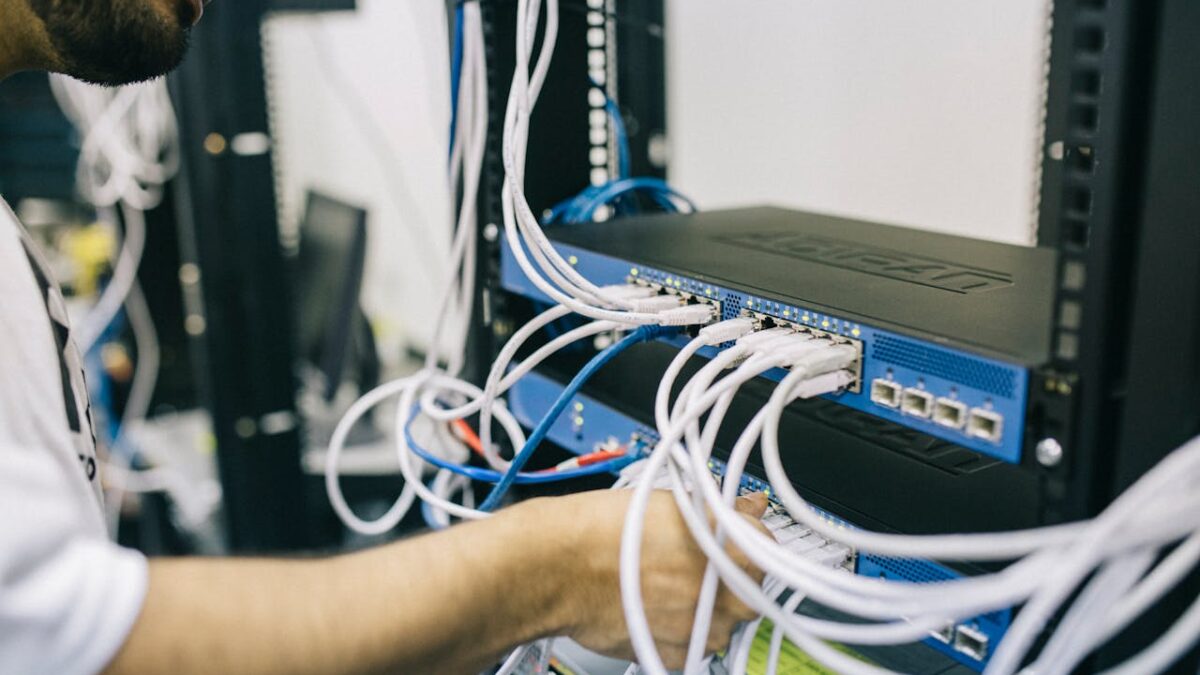Technology is not just a tool; it has become the driving force behind how work is evolving in every industry. From remote collaboration platforms to automation and artificial intelligence, the workplace is no longer confined to office walls or limited by geography. Employees can now connect, share knowledge, and deliver results from anywhere in the world. This shift has created opportunities for greater flexibility, improved productivity, and more inclusive work environments that transcend borders and time zones.
Automation and Efficiency
The future of work is closely tied to automation, which is transforming the way businesses handle repetitive tasks. Machines and software can now process data, manage workflows, and perform functions that once required significant human effort. This not only saves time but also allows employees to focus on more creative, problem-solving, and strategic roles. Companies that embrace automation gain a competitive edge by reducing costs and speeding up operations, while workers are empowered to use their skills in areas that require human judgment and innovation.
The Rise of Artificial Intelligence
Artificial intelligence is shaping the modern workplace by offering predictive insights, streamlining decision-making, and personalizing user experiences. AI tools can analyze large volumes of data in seconds, helping businesses anticipate market trends, improve customer service, and make informed decisions faster than ever before. In addition, AI-driven systems are being used to assist employees in real-time, providing recommendations, automating communication, and even enhancing recruitment processes. As these tools continue to evolve, they will play an increasingly central role in shaping the way work is done.
Skills for the Digital Age
As technology advances, the demand for new skills grows stronger. Traditional roles are being reshaped, and employees are expected to adapt quickly to stay relevant. Digital literacy, data analysis, and the ability to work with AI are becoming as important as communication and teamwork. Lifelong learning is no longer optional; it is essential for anyone looking to thrive in the future of work. Organizations are investing heavily in training and upskilling programs to ensure their workforce remains capable of navigating a fast-changing technological landscape.
Building the Workplace of Tomorrow
The future of work is not just about machines and software; it is about creating a workplace that balances innovation with human connection. Companies are experimenting with hybrid work models, virtual reality meeting spaces, and advanced collaboration tools to build stronger connections between employees. At the same time, there is growing recognition of the importance of mental health, diversity, and inclusion in shaping successful workplaces. Technology provides the foundation, but it is people who bring creativity, empathy, and purpose to the table, ensuring that the future of work remains both productive and human-centered.

